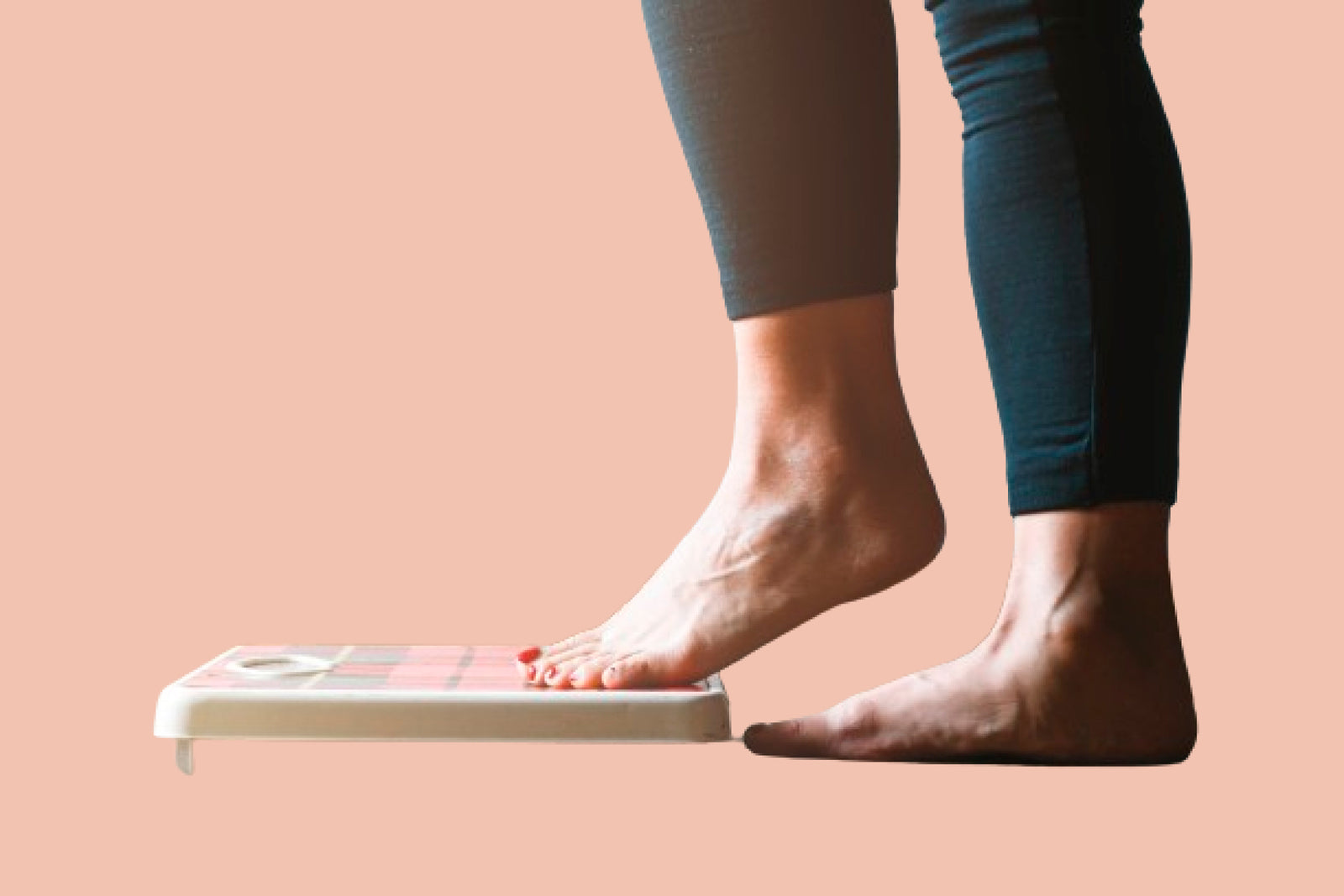How ADRB3 Variants Influence Weight Loss
Weight loss happens when you burn more calories than you consume. The ADRB3 gene helps regulate how fat cells break down stored fat and generate heat, a process that raises calorie use. A common variant in this gene, rs4994, can subtly change how well your body mobilizes fat during exercise. That does not determine your destiny. Lifestyle strategies like thoughtful eating, regular aerobic and strength training, good sleep, stress management, and hydration remain the cornerstones of healthy, sustainable weight management.
What ADRB3 Does
- Produces the beta-3 adrenergic receptor found on fat cells.
- Activates lipolysis, the breakdown of stored fat for energy, and thermogenesis, heat generation that burns calories.
- Genetic differences in ADRB3 can make this system slightly more or less efficient during physical activity.
Genetic Interpretation
Two effect alleles (GG) — lower exercise-driven fat mobilization
If your genotype is GG at rs4994, you carry two copies of the effect allele. This variant is linked to a smaller response in fat breakdown and thermogenesis during exercise. Weight loss through activity may be somewhat less efficient for you compared with other genotypes, but meaningful progress is still very achievable.
Practical takeaways
- Focus on consistent, progressive exercise and combine both cardio and resistance work.
- Pay extra attention to nutrition quality and portion control to create a sustainable calorie deficit.
- Track progress with multiple measures: body composition, strength, fitness, and how clothes fit — not only scale weight.
One effect allele (AG) — intermediate exercise response
If your genotype is AG, you carry one copy of the effect allele. Your ADRB3 function is intermediate, so your body mobilizes fat during exercise at a moderate level. You can achieve solid weight loss with consistent effort, though progress may be steadier rather than rapid.
Practical takeaways
- Maintain a balanced program of aerobic activity and strength training to support fat loss and preserve lean mass.
- Use progressive overload in resistance training to boost metabolic rate and long-term results.
- Combine exercise with diet strategies and recovery habits to maximize outcomes.
No effect alleles (AA) — more favorable exercise response
If your genotype is AA at rs4994, you have two copies of the non-effect allele. This is the most favorable version for exercise-driven fat loss. Your beta-3 receptors tend to support efficient lipolysis and thermogenesis, so your body may respond more strongly to physical activity.
Practical takeaways
- Leverage this genetic advantage with a consistent program of aerobic and resistance training for optimal results.
- Aim for at least 150 minutes of moderate aerobic activity weekly plus regular strength sessions.
- Focus on maintaining healthy habits over time to keep benefits from exercise and diet.
Diet Recommendations
Regardless of genotype, diet is the primary lever for weight loss. Use whole-food based strategies that support satiety and nutrition.
- Prioritize lean proteins, vegetables, fruit, whole grains, legumes, nuts, and seeds to support muscle maintenance and fullness.
- Focus on portion control and energy balance. Track intake short-term to understand patterns if needed.
- Include healthy fats like olive oil, avocados, and fatty fish to support hormones and satiety.
- Time carbohydrates around activity to support performance and recovery while managing overall intake.
- Limit highly processed foods, sugar-sweetened beverages, and frequent high-calorie snacks.
Exercise Recommendations
- Combine aerobic cardio with resistance training. Aim for at least 150 minutes of moderate aerobic activity per week and 2 or more strength sessions targeting major muscle groups.
- Include higher-intensity intervals periodically to boost calorie burn and metabolic response.
- Use progressive overload for strength training to increase muscle mass and resting energy expenditure.
- Prioritize consistency over short bursts of extreme activity. Regular movement each day supports long-term success.
Supplements and Nutrition Supports
Supplements can be helpful adjuncts but are not replacements for good diet and exercise. Talk with your healthcare provider before starting any supplement.
- Protein powder: useful to meet protein needs and preserve lean mass during weight loss.
- Omega-3 (fish oil or algae): supports inflammation balance and overall metabolic health.
- Vitamin D if deficient: supports energy, mood, and metabolic health.
- Caffeine from coffee or tea: can modestly increase energy expenditure and exercise performance when used appropriately.
- Green tea extract: may provide a small boost to fat oxidation for some people, used with medical guidance.
Sleep, Stress, and Recovery
- Aim for 7 to 9 hours of quality sleep per night. Poor sleep impairs appetite hormones and recovery.
- Manage chronic stress with practices that work for you: mindfulness, breathing, social connection, or counseling.
- Recovery days and adequate rest help prevent injury and support consistent training.
Laboratory and Health Monitoring
Consider discussing these tests with your healthcare provider to rule out medical contributors to weight challenges and to guide personalized plans.
- Thyroid panel (TSH, free T4) to assess metabolic drivers.
- Fasting glucose and hemoglobin A1c for blood sugar regulation.
- Lipid panel to monitor cardiovascular risk.
- Vitamin D level if supplementation is being considered.
- Basic metabolic panel if starting a new exercise program or weight loss regimen.
Putting This Into Practice
- Create a sustainable calorie deficit with nutrient-dense meals and consistent activity.
- Use both aerobic and resistance training to support fat loss and maintain muscle.
- Track multiple indicators of progress: body composition, strength, energy, sleep, and how clothes fit.
- Adjust plans gradually; small consistent changes often lead to the best long-term results.
Important Disclaimer
PlexusDx provides educational information about genetic predispositions only. This content is not medical advice. Always consult with your healthcare provider before making decisions about diet, exercise, supplements, or medical testing. Genetic information is one piece of a larger health picture and should be used together with clinical evaluation and professional guidance.

Share:
Weight Regain | ADRB2 (rs1042713)
Weight Regain | ADRB2 (rs1042713)